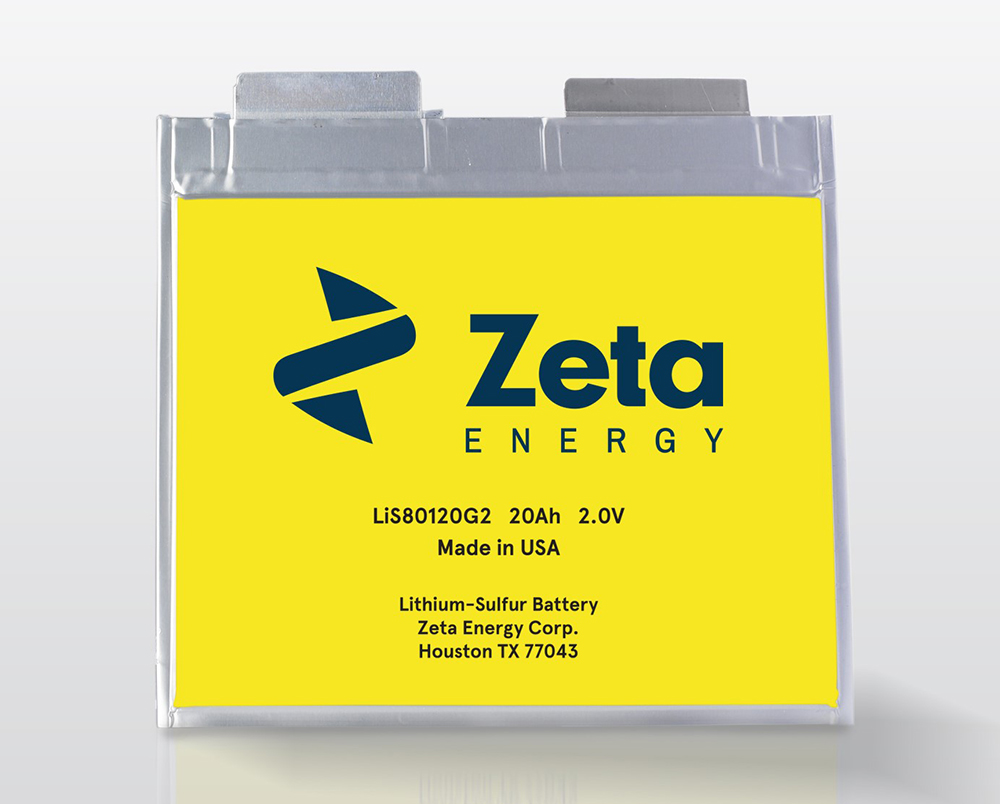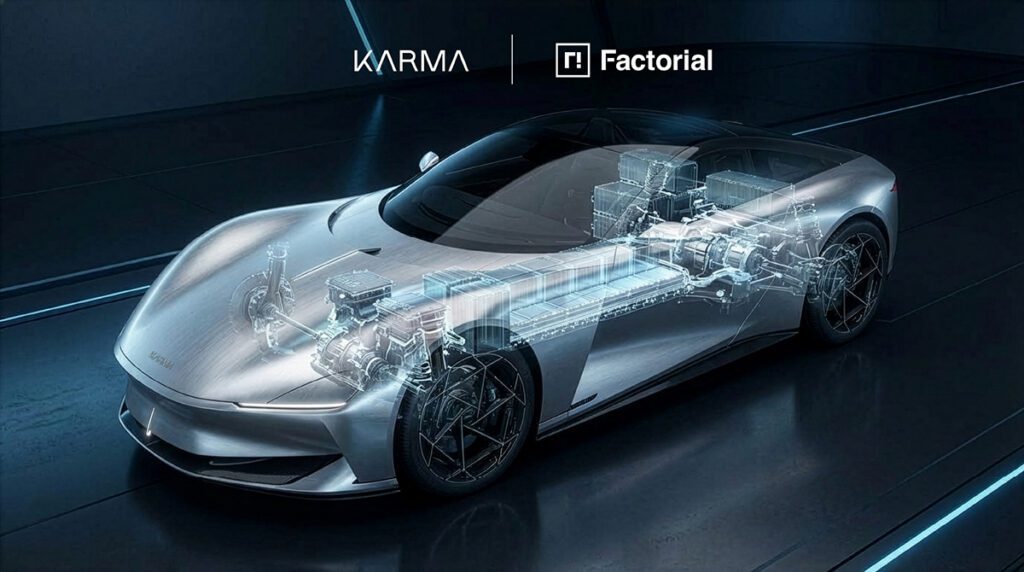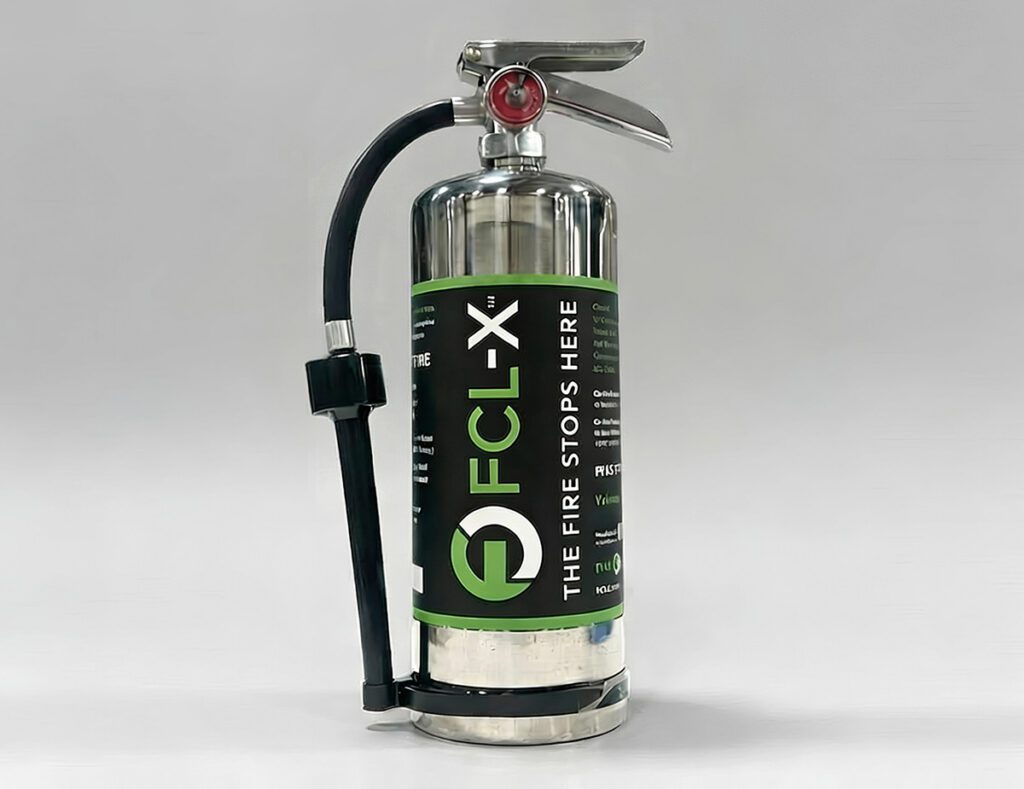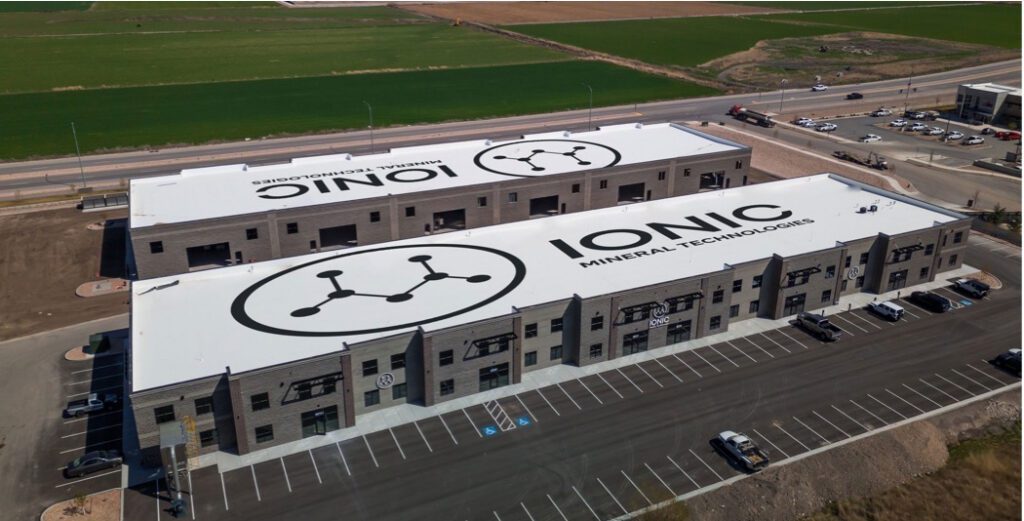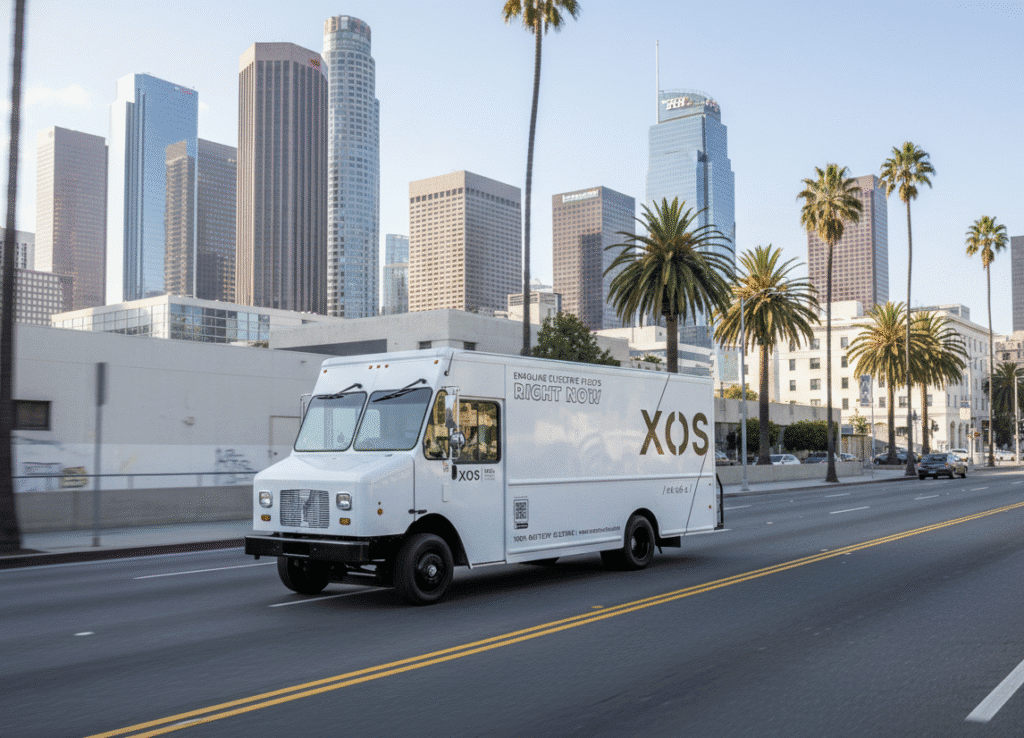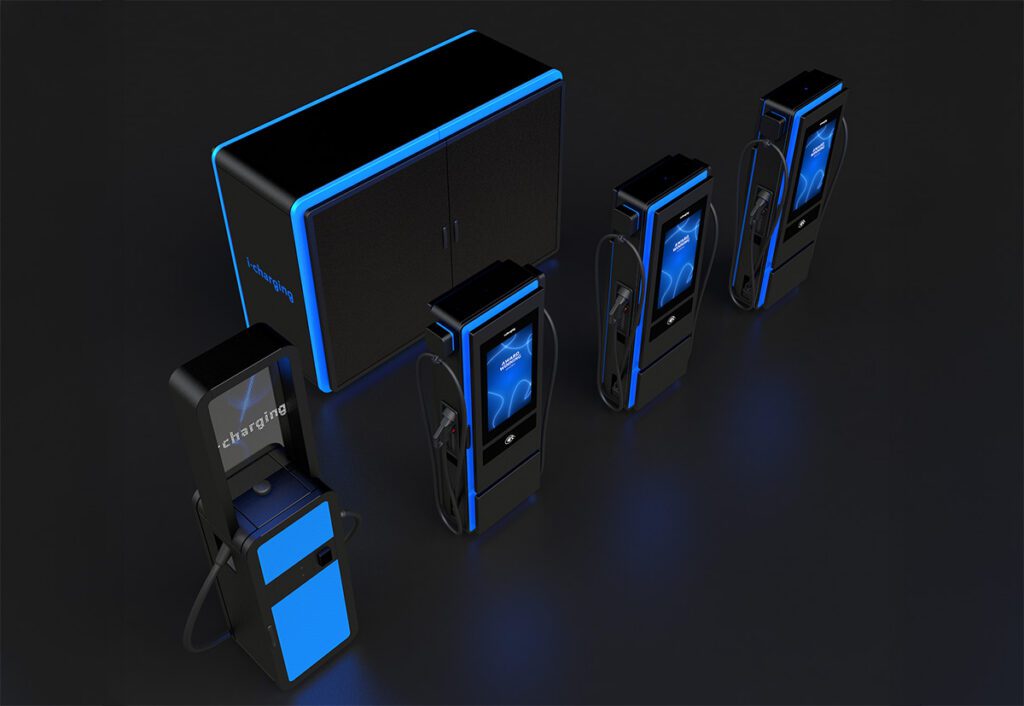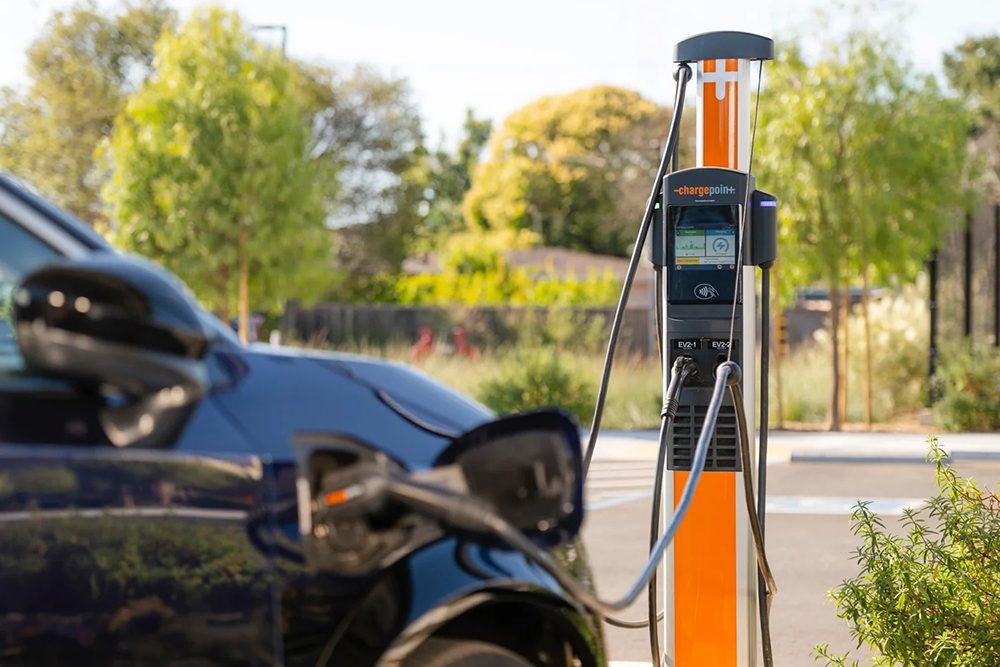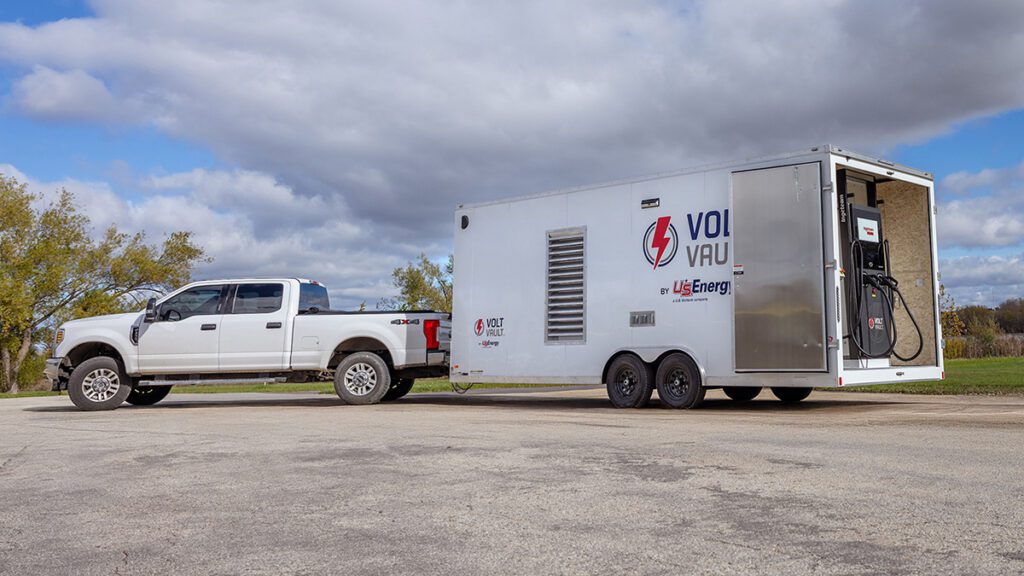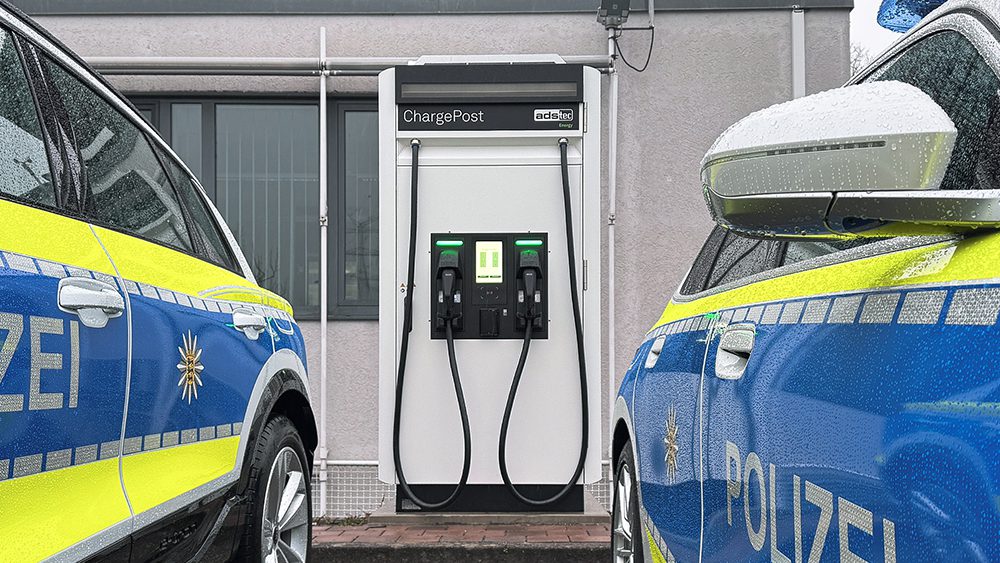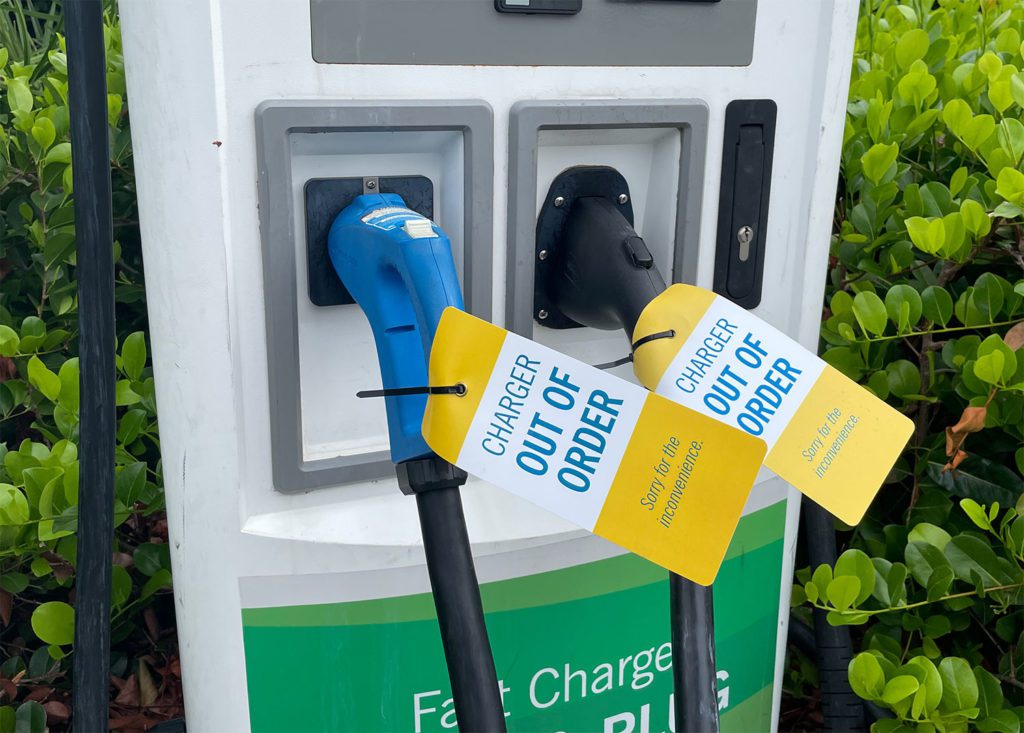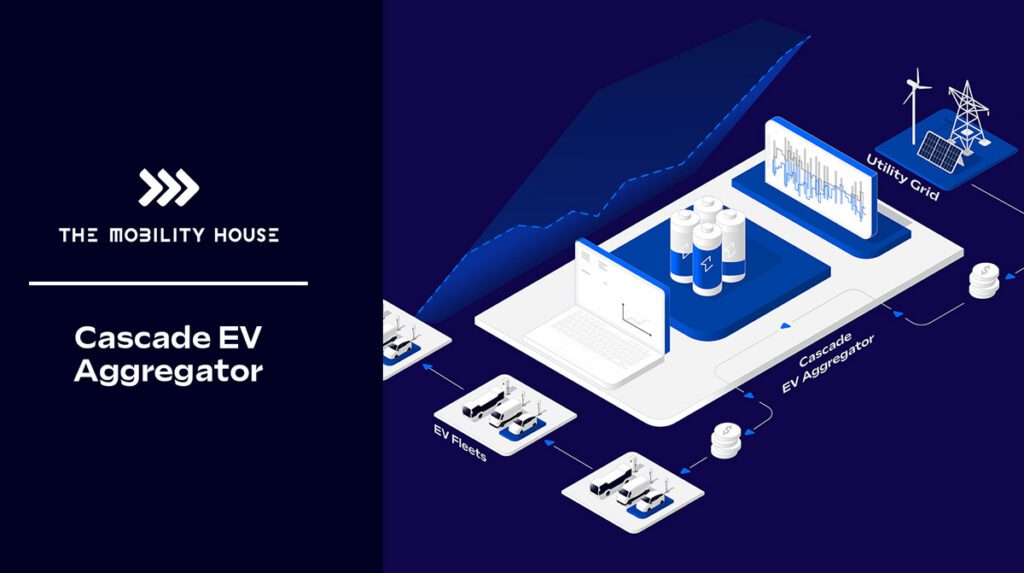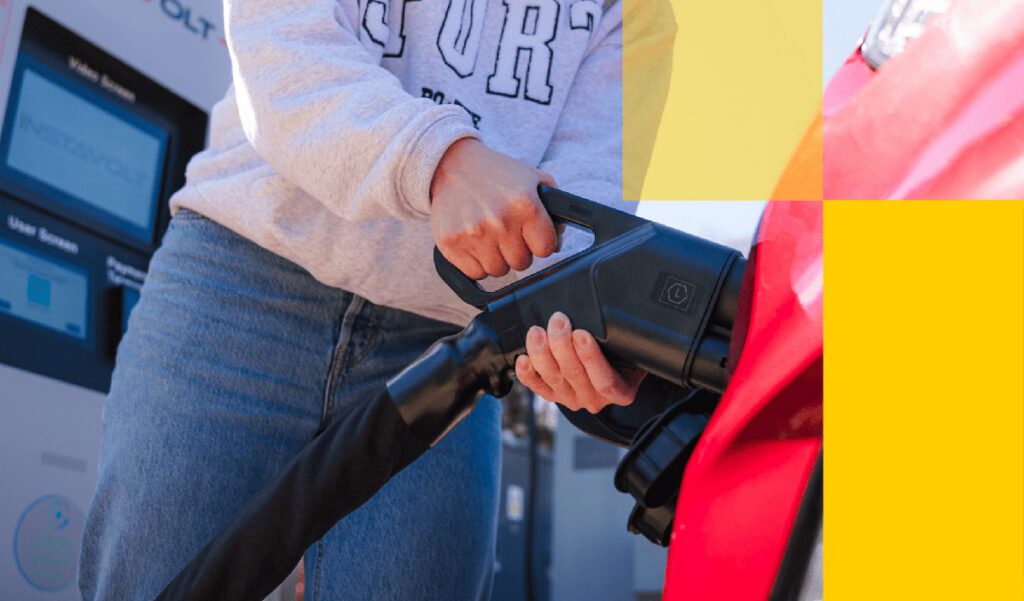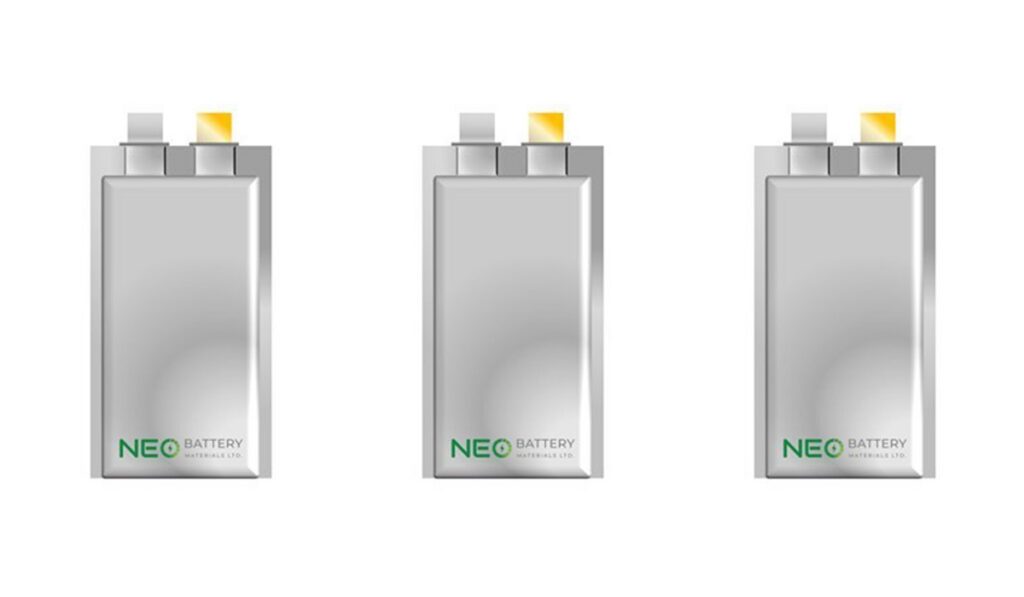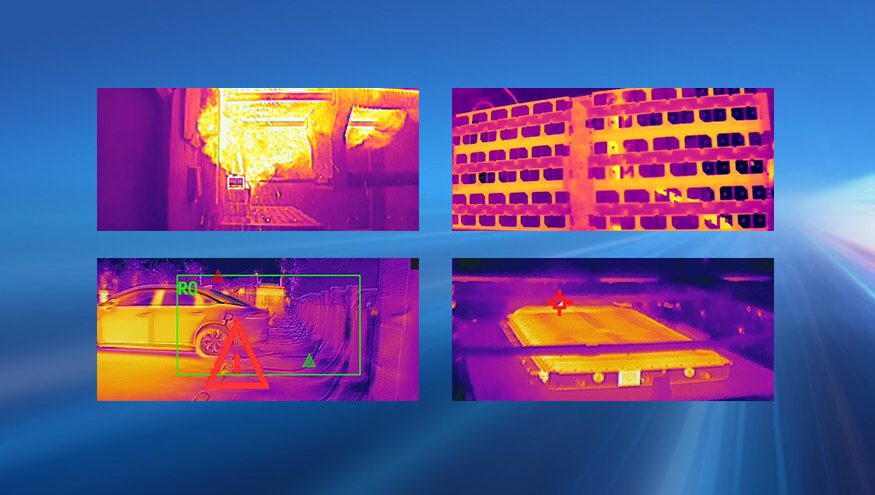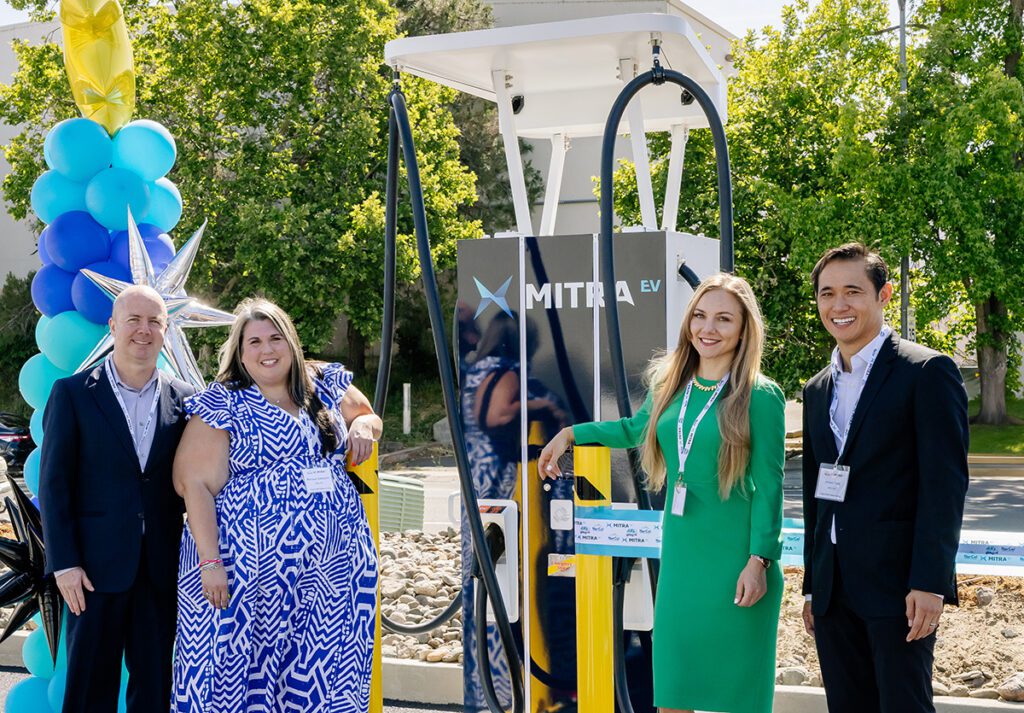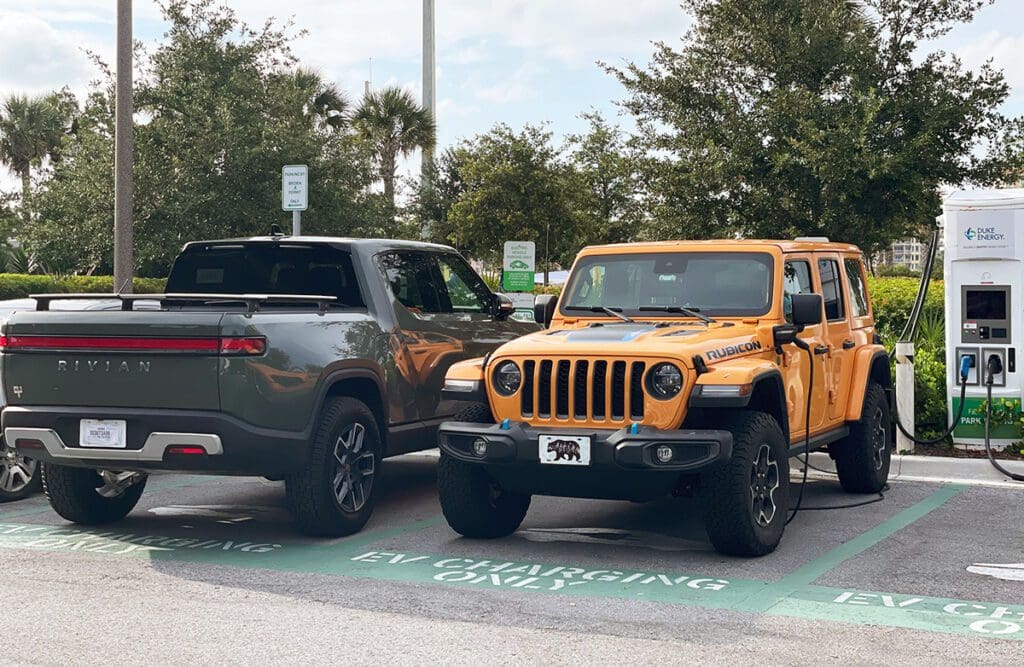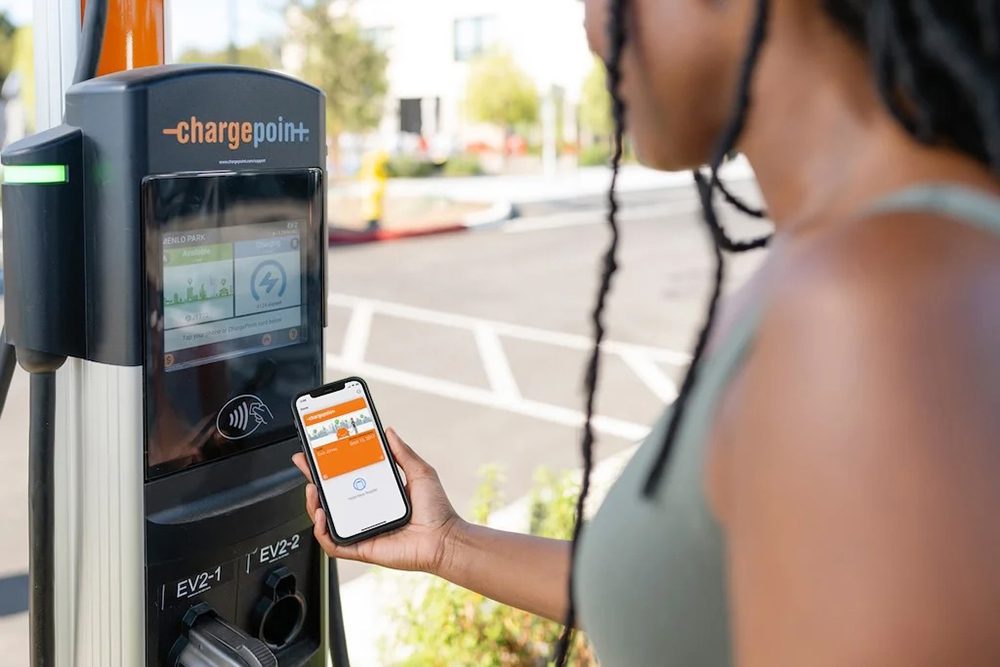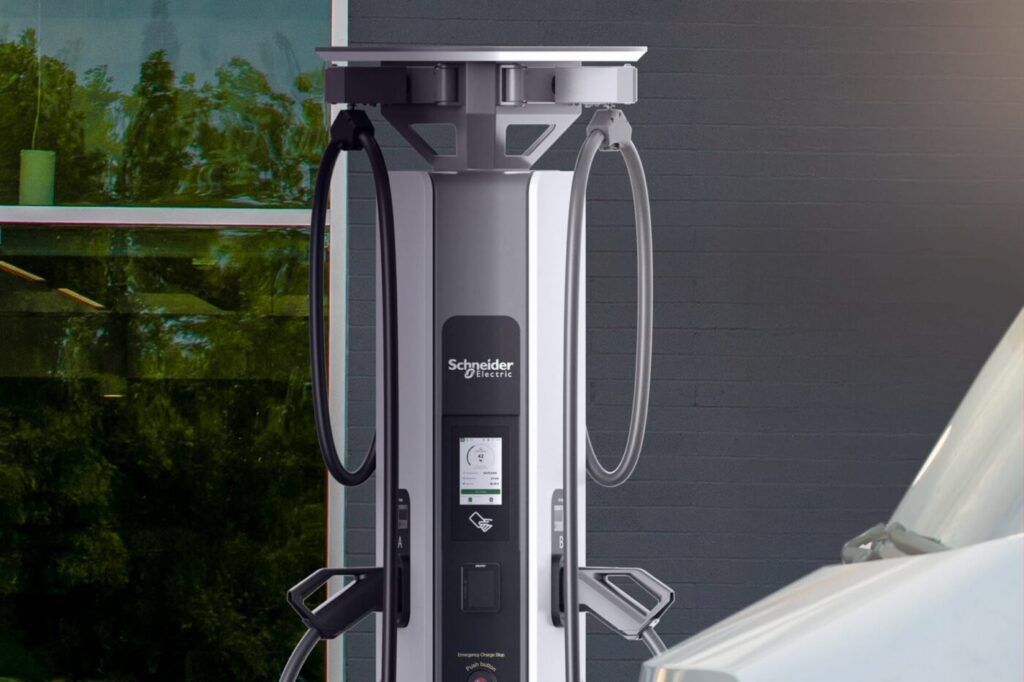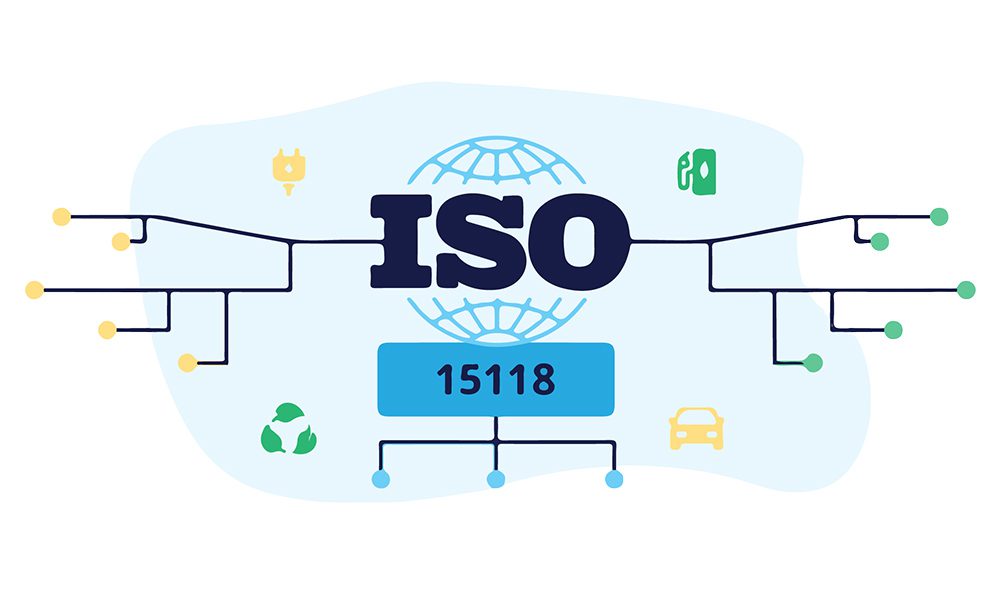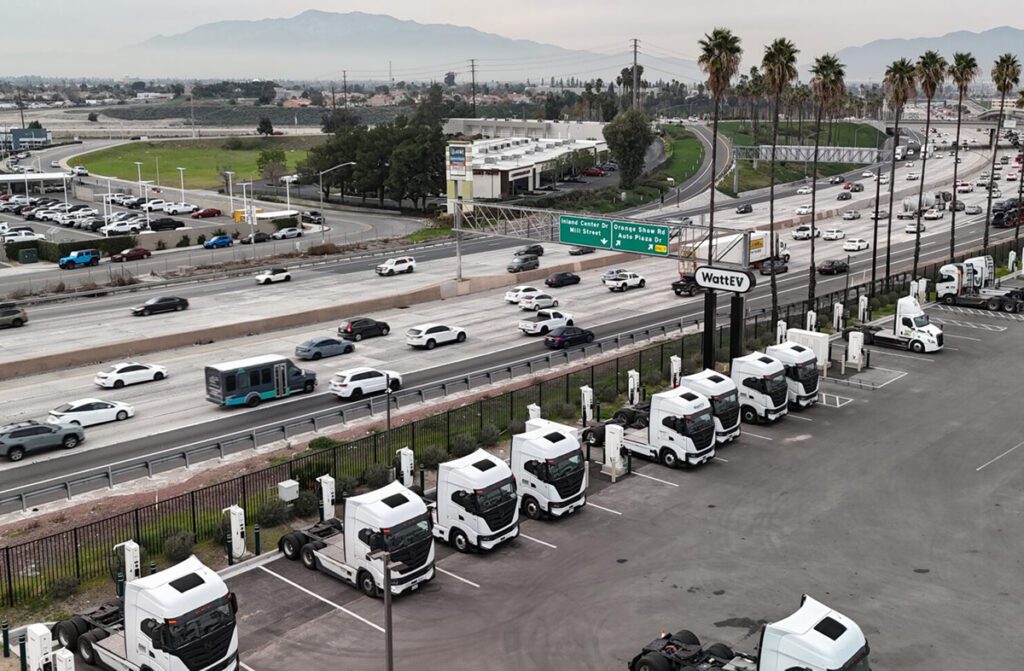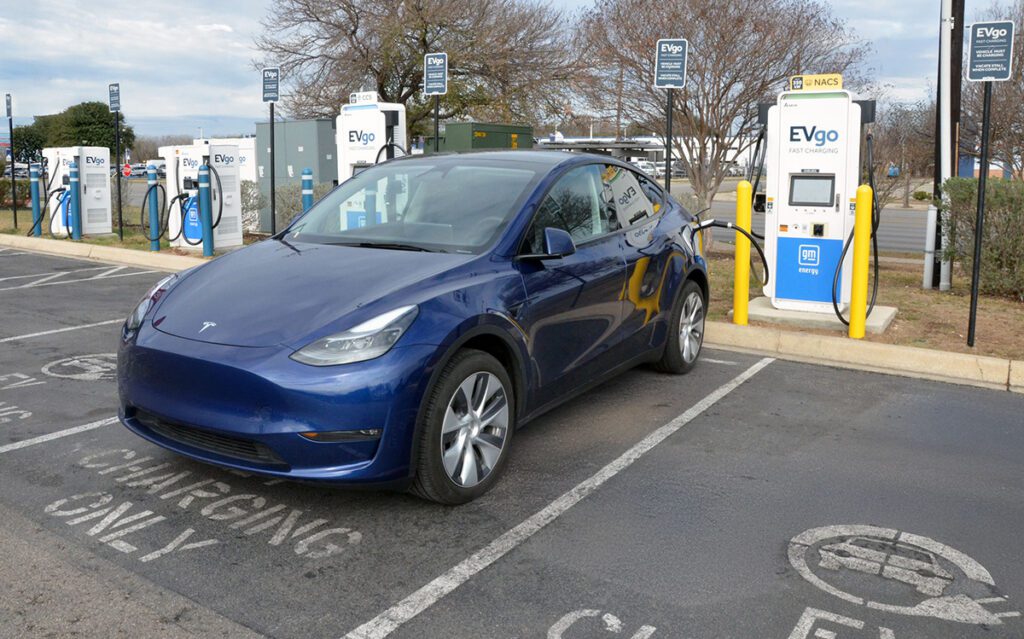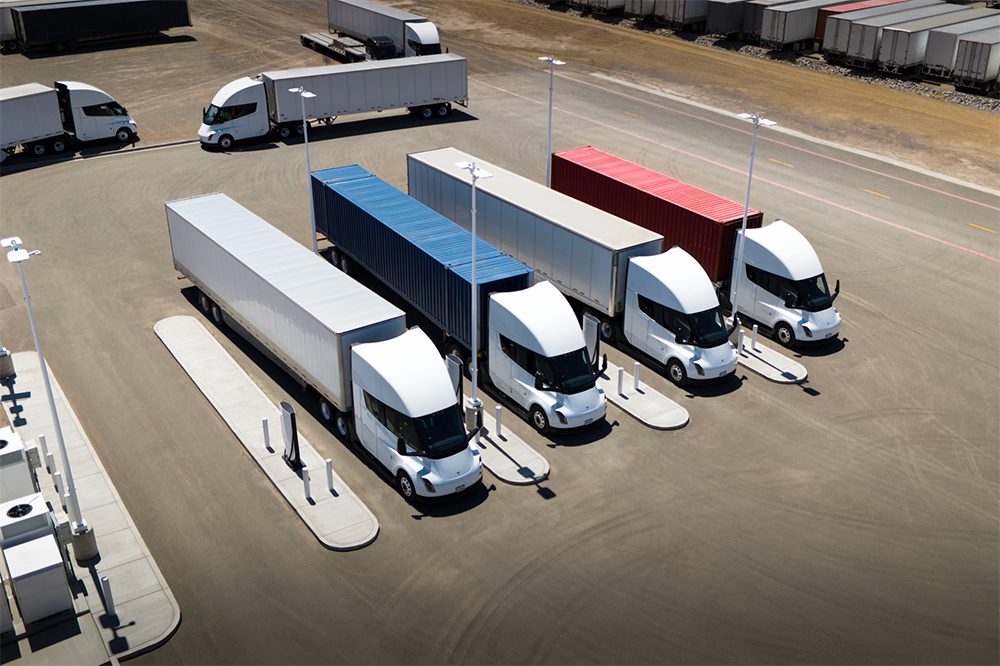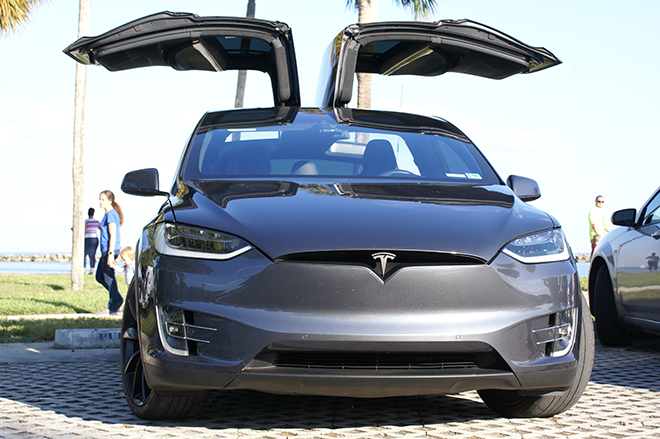Netherlands-headquartered automaker Stellantis and US battery technology firm Zeta Energy have signed a joint development agreement to develop lithium-sulfur EV batteries that have energy density comparable to that of lithium-ion technology.
The collaboration includes pre-production development and planning for future production. Stellantis aims to use the batteries in its vehicles by 2030.
Lithium-sulfur battery technology has the potential to create a lighter battery pack with the same usable energy as lithium-ion batteries, enabling greater driving range, improved handling and enhanced performance. The technology can potentially improve fast charging speeds by up to 50%. Sulfur, being widely available and cost-effective, reduces production expenses and supply-chain risk. Lithium-sulfur batteries are expected to cost less than half the price per kWh of current lithium-ion batteries.
Zeta’s lithium-sulfur battery design uses waste materials, methane and unrefined sulfur, a byproduct from various industries, and does not require cobalt, graphite, manganese or nickel. The technology is intended to be manufacturable within existing gigafactories and would leverage a short, entirely domestic supply chain in Europe or North America.
“The combination of Zeta Energy’s lithium-sulfur battery technology with Stellantis’s expertise in innovation, global manufacturing and distribution can improve the performance and cost profile of electric vehicles while increasing the supply chain resiliency for batteries and EVs,” said Tom Pilette, CEO of Zeta Energy.
Source: Stellantis




